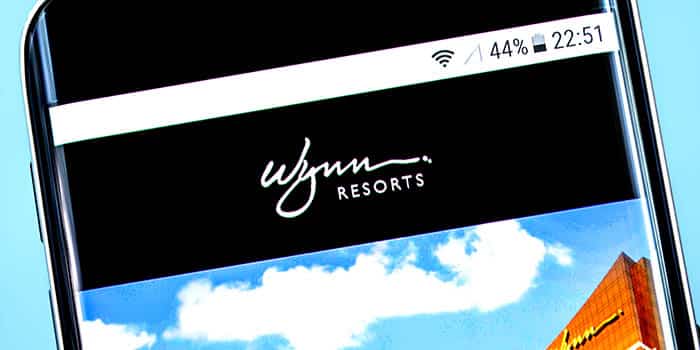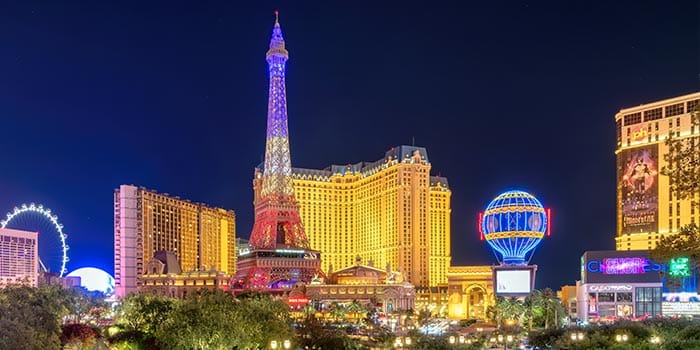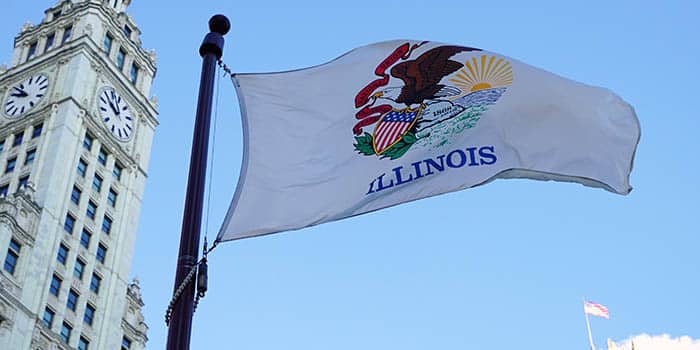- Casino
- By State
- Alabama
- Alaska
- Arizona
- Arkansas
- California
- Colorado
- Connecticut
- Delaware
- Georgia
- Florida
- Hawaii
- Idaho
- Illinois
- Indiana
- Iowa
- Kansas
- Kentucky
- Louisiana
- Maine
- Massachusetts
- Maryland
- Michigan
- Minnesota
- Mississippi
- Missouri
- Montana
- Nebraska
- Nevada
- New Hampshire
- New Jersey
- New Mexico
- New York
- North Carolina
- North Dakota
- Ohio
- Oklahoma
- Oregon
- Pennsylvania
- Rhode Island
- South Carolina
- South Dakota
- Tennessee
- Texas
- Utah
- Vermont
- Virginia
- Washington
- West Virginia
- Wisconsin
- Wyoming
- By State
- Slots
- Poker
- Sports
- Esports
Massachusetts Court Rules Against Secret Deal in Encore Casino Land Sale
The dispute commenced when Wynn Resorts, seeking a casino license in Massachusetts, engaged in an agreement to acquire land in Everett and Boston for $75 million

The Massachusetts Supreme Judicial Court has declared that a confidential agreement made between Wynn Resorts and Anthony Gattineri, a minority owner of FBT Everett Realty, LLC, is not enforceable. The agreement, which would have entitled Gattineri to an additional $19 million from the sale of land that became Encore Boston Harbor, was concealed from gaming officials, leading the court to rule against its enforceability on grounds of public policy.
Wynn Resorts’ Land Purchase Raises Questions of Secrecy and Public Policy Violation
The controversy began when Wynn Resorts, in an effort to secure a casino license in Massachusetts, entered into a deal to purchase a parcel of land in Everett and Boston for $75 million. However, concerns arose about potential connections between FBT and a convicted felon with ties to organized crime, leading the Massachusetts Gaming Commission to limit the sale price to $35 million, the fair market value if the land was not used for a casino.
Gattineri, who had a stake in FBT, alleged that Wynn had promised him an additional $19 million as part of a secret oral agreement, reported Massachusetts Lawyers Weekly. This agreement was neither recorded nor reported to the commission, raising concerns about its legitimacy. The court emphasized that the paramount public policy, as outlined in the Expanded Gaming Act, is to protect the integrity and public confidence in the casino gambling licensure process. Any agreement inconsistent with the terms approved by the commission and concealed from regulators is deemed unenforceable.
In 2009, FBT acquired the land for about $8 million, a time when casino gambling was not yet legal in Massachusetts. Initially considering the site for big-box retail, their plans shifted in late 2011 following the legalization of casino gaming.
Justice Kafker Emphasizes Transparency and Public Trust in Casino License Ruling
Justice Scott L. Kafker, writing for the Supreme Judicial Court, highlighted the importance of maintaining public confidence in the licensing process. The court’s decision underscored the need for transparency and full disclosure in transactions related to casino licenses, especially in cases involving potential connections to organized crime.
In other news, in July, Wynn Resorts’ Encore Boston Harbor, along with MGM Springfield and Plainridge Park Casino, faced fines from Massachusetts regulators for accepting unauthorized in-state college bets during March Madness.
Last week, a Massachusetts consumer, Richard Schuster, alleged that Encore Boston Harbor and Wynn Resorts violated consumer protection laws by shortchanging customers through technical issues with ticket redemption units and coinless machines at the casino. However, the court sided with the casino, stating Schuster had sufficient information to redeem his change, leading him to appeal the ruling, while Wynn’s attorneys seek to dismiss the case, asserting no unfair conduct occurred.
Related Topics:
Silvia has dabbled in all sorts of writing – from content writing for social media to movie scripts. She has a Bachelor's in Screenwriting and experience in marketing and producing documentary films. With her background as a customer support agent within the gambling industry, she brings valuable insight to the Gambling News writers’ team.
Next Article


Legal
November 6, 2023
Jiri Prochazka vs. Alex Pereira UFC 295 Odds, Time, and Prediction
Must Read
Legal
June 26, 2025
Entain Loses Trademark Battle in EU Copyright Clash
More Articles







Casino
June 30, 2025
Vietnam Greenlights $2B Van Don Casino Resort

Casino
June 30, 2025
BC.Game Player Turns $20 Bet into $100K+ Payout

Casino
June 30, 2025
Hard Rock Executive Under Fire Due to Alleged Misdeeds

Casino
June 30, 2025
Wynn COO Vows Change Amid Ongoing Regulatory Pressure

Casino
June 30, 2025
DIMOCO Enters Germany iGaming Market with Neo.Bet

Casino
June 30, 2025
Man Admits to Laundering Cocaine Money Through Casinos










